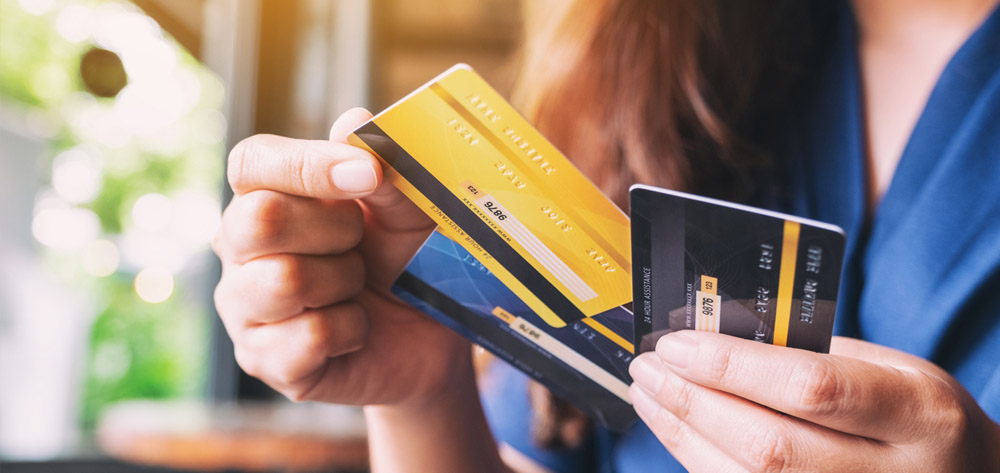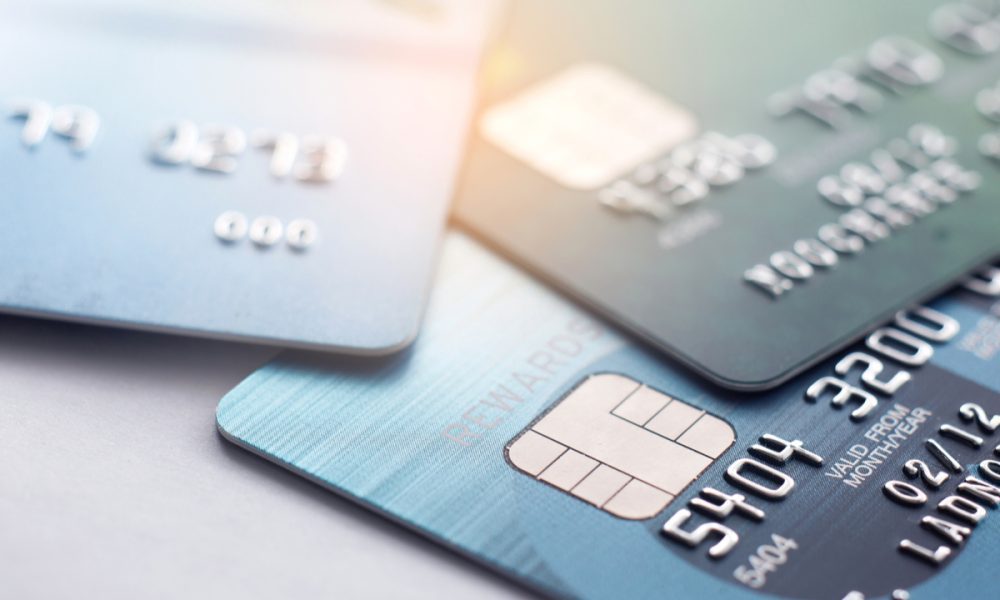Obtaining your first credit card is a significant financial milestone that may serve as a valuable resource in the event of an emergency. However, if you’ve never had a credit card before, figuring out how to apply for one might be difficult. This handbook is here to assist you. Distribute this information.
Why would you require a credit card?
Before we go into how to acquire a credit card, it’s a good idea to consider why you would want one. When applying for your first card, bear in mind that although it provides you with flexibility, it also comes with a lot of responsibility. Credit cards may be a great tool for helping you manage your money, and there are certain advantages to using credit cards for short-term spending and borrowing. But it’s important to know how to use a credit card so that you don’t get hit with huge fees.
What are credit cards’ benefits and drawbacks?
Using a credit card has a lot of benefits, as long as you don’t spend more than you can pay back.
These are some of them:
- Spreading the expense of products over a longer period of time
- Boosting your credit score or starting a credit history
- Getting money or air miles as a reward or incentive
- If a vendor goes bankrupt, you may get security for your things.
However, there are a few drawbacks to credit cards to consider:
- It might be tempting to spend more money than you have.
- Your credit score will be harmed if you don’t make your payments on time.
- It might be challenging to keep track of many credit cards.
- Lenders may be concerned if you use all of your available credit.
What is the purpose of a credit card?
“Credit” refers to money borrowed by a credit card, a loan, or an overdraft. When you apply for a card, the lender performs a credit check to determine how hazardous of a borrower you are. If you’re approved for a credit card, they’ll set a credit limit for you.
Your credit limit is the maximum amount of money you may spend on products and services. Each month, you repay the money you borrowed, in part or in whole, plus interest if you have an outstanding debt. You’ll have to pay a minimal amount, but it’s ideal to pay off the entire sum so you don’t have to pay interest.
Also Check: ebay Mastercard Review: eBay Mastercard Benefits | Features
Is it necessary for me to get a credit card in order to improve my credit score?
If you’re getting your first card or borrowing money for the first time, you’re unlikely to have a credit history. That implies you’ll be viewed as a high-risk borrower by banks and lenders. This is due to the fact that there is no evidence as to what type of borrower you are.
This may limit the number of cards available to you as well as the amount of credit you may obtain. To improve your credit score, you’ll need to use your first credit card responsibly and on a regular basis. When you need to borrow more money in the future, such as for a mortgage or a car, having a stronger credit rating will come in useful. There are still solutions accessible to you if you are a first-time borrower with no credit history. If people in the UK know how to get a credit card, the application process will be easy and stress-free.
How do you acquire a credit card For the first time?
If you’re thinking about acquiring your first card, the ideas and information below will come in handy. Learn how to apply for a credit card and what to look for while making your decision.
Who is eligible to apply for credit cards?

To apply for a credit card, you must be at least 18 years old. However, double-check since some cards have a higher minimum age requirement.
Most credit cards companies will only accept your application if you: I am currently residing in the United Kingdom. Are you currently employed?
Earn more than a specified amount every year, such as £7,500. But there’s one more step that borrowers should be aware of. UK consumers may start setting the foundation far in advance to ensure they are approved for their first credit card. Before you apply, make sure you’re in the best financial shape you can be. This increases your chances of getting approved for the first credit card you apply for.
How to Increase Your Chances of Acceptance
You can take a few basic measures to improve your chances of being approved for the credit cards. Before you look into how to acquire a credit card, you should take these steps first.
These are some of them:
- Getting on the electoral roll gives evidence of address, which might help you improve your credit score.
- Getting a job: Having a regular income, even if it’s only part-time, can convince lenders that you’re capable of repaying credit.
- If you don’t have a job, you may find it difficult to obtain credit.
- Opening a bank account might help you boost your chances of being accepted.
- You may demonstrate to lenders that you’re financially responsible by setting up direct debits and putting money aside.
- Pay your payments on time: Lenders will consider you financially responsible if you can prove you’ve been paying your bills on time for at least six months.
- It could persuade them that you can be relied upon to repay the credit.
A step-by-step approach to picking your first credit card
There are several different sorts of credit cards available. Each is best suited to a specific type of borrowing, so picking the correct cards for you is crucial. You may be looking for a low-interest loan to help you pay off your current bills. Perhaps you’d like one with incentives that fit your way of life. A credit builder card may be an excellent alternative for you if you’re a first-time borrower seeking assistance on how to acquire a credit card.
Cards that help you establish credits
You’ll most likely be accepted for a credit builder card if this is your first credit card. These are a wonderful first card for anyone in the UK. They’re also beneficial for folks with bad credit who want to enhance their credit score. Low credit limits, usually between £100 and £250, are characteristic of credit builder cards. They also charge higher-than-average interest rates, ranging from 24% to 50% or even more. As you spend and repay your credit cards on a regular basis, you’ll establish a track record as a responsible borrower. You might be able to receive another form of card after you have a long enough credit history.
Taking care of your very first card
Keep in mind that before you use your first card, you should try to pay off the entire debt each month. That way, you may avoid paying interest while still making use of the card’s perks, such as credit score improvement. If at all feasible, set up a direct debit payment to pay off the entire sum each month. This eliminates the need to pay off the credit cards amount manually and reduces the chance of missing any payments.


